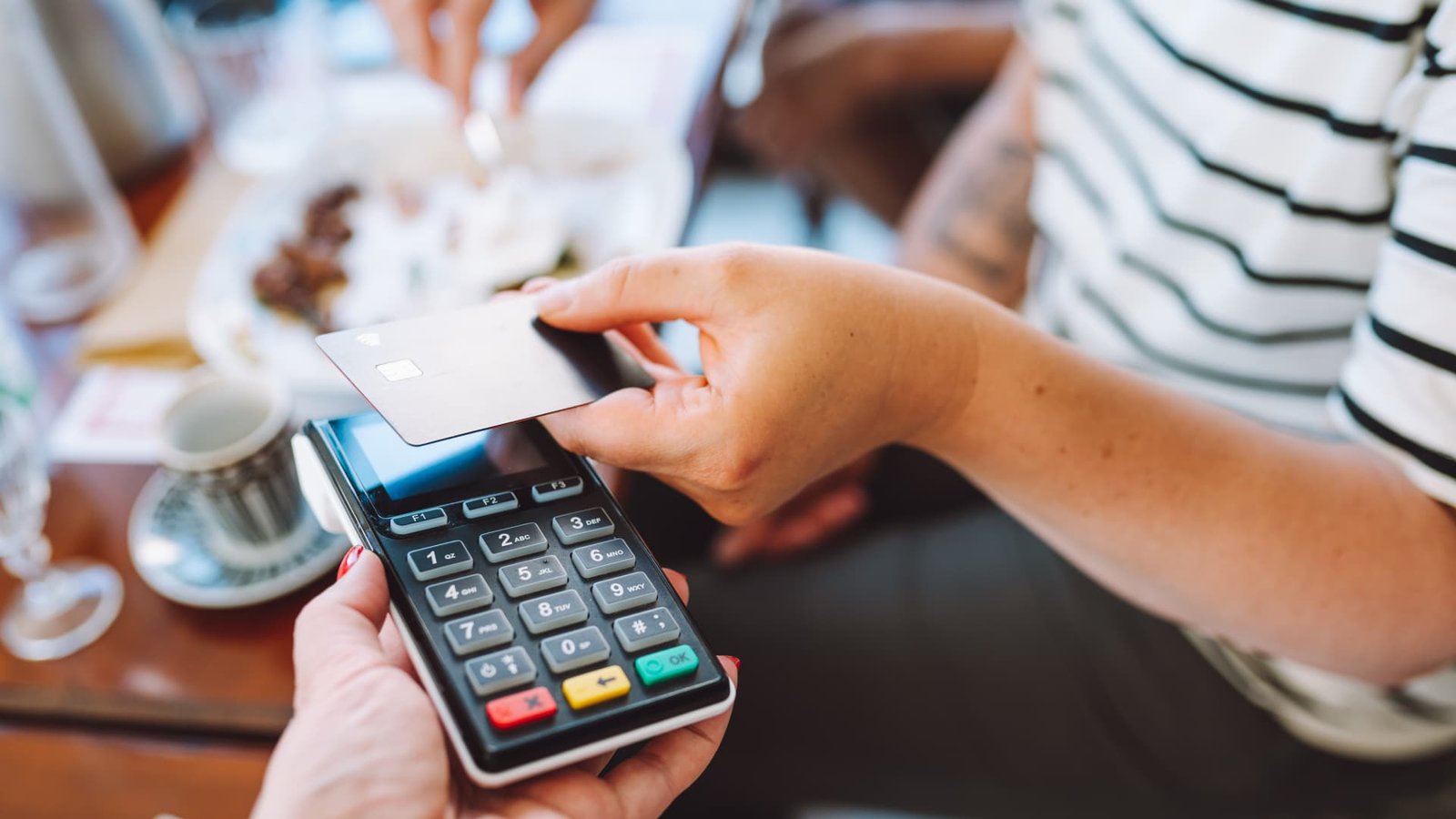Olga Rolenko | Moment | Getty Images
There are all sorts of ways for consumers to misuse credit cards, from failing to pay monthly bills in full to running up your balance. But here’s one risky behavior that experts say you likely haven’t heard of: “credit cycling.”
Credit cards come with a spending limit. Cardholders are usually aware of this limit, which represents the overall cap to how much they can borrow. The limit resets with each billing statement when users pay their bill in full and on time.
Users who credit-cycle will reach that limit and quickly pay down their balance; this frees up more headroom so consumers can effectively charge beyond their typical allowance.
Doing this occasionally is usually not a big deal, experts said. It’s akin to driving a few miles per hour over the speed limit — something less likely to get a driver pulled over for speeding, said Ted Rossman, senior industry analyst at CreditCards.com.
But consistently “churning” through available credit comes with risks, Rossman said.
For example, card issuers may cancel a user’s card and take away their reward points, experts said. This might negatively impact a user’s credit score, they said.
“If there’s even the slightest chance credit cycling can go sideways, it’s best not to do it and look for alternatives,” said Bruce McClary, senior vice president at the National Foundation for Credit Counseling. “You have to be very careful.”
according to Experian, one the three major credit bureaus. (This was the limit across all their cards.)
The amount varies across generations, and according to factors like income and credit usage, according to Experian.
It’s understandable why some consumers would want to credit cycle, experts said.
More from Personal Finance:
Why summer Fridays are increasingly rare
How GOP megabill affects families with kids
What a Trump, Powell showdown means for your money
Certain consumers may have a relatively low credit limit, and credit cycling might help them pay for a big-ticket purchase like a home repair, wedding or a costly vacation, experts said. Others may do it to accelerate the rewards and points they get for making purchases, they said.
But card issuers would likely see repeat offenders as a red flag, Rossman said.

Maxing out a card frequently may run afoul of certain terms and conditions, or signal that a user is experiencing financial difficulty and struggling to stay within their budget, he said.
Issuers may also view it as a potential sign of illegal activity like money laundering, he said.
“You could be putting yourself at risk by appearing to be a risk in that way,” McClary said.
below 10% if you really want to improve your credit score.
A canceled card would reduce one’s overall credit limit, raising the odds that a user’s credit utilization rate would increase if they have outstanding debt on other credit cards, McClary said.



